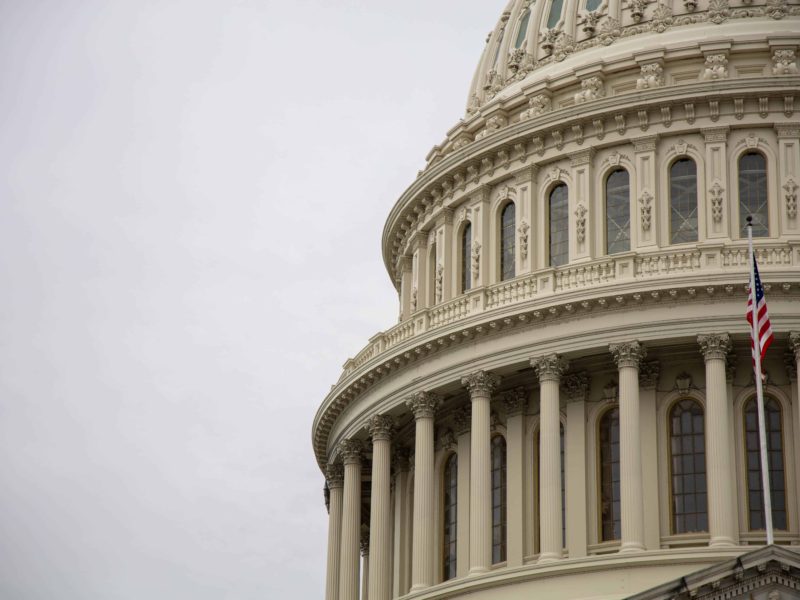Minnesota’s 91st Legislature is set to return for the second year of the biennium on February 11th. The interim between the budget year (2019) and the bonding year (2020) is typically a little quieter than the election offseason, but that has not been the case in 2019. Turmoil at the state’s largest agency, the Department of Human Services, resulted in a scathing Legislative Auditor’s report and contentious offseason oversight hearings. Both House and Senate Capital Investment Committees have been crisscrossing the state to tour projects vying for state funding in next year’s bonding bill, as has the Governor’s office – a new practice not followed by previous administrations. On top of that, election season is now nearly year round, so campaigns for 2020 are already starting to take shape. This legislative preview will help you make sense of what has happened since the Legislature adjourned in May and what we can expect to see during the 2020 legislative session and election season.
Turmoil at Department of Human Services (DHS)
Simply put, it has been a tough offseason for DHS. The sprawling agency has faced scrutiny and criticism for years, but after this summer and fall’s public scandals, the pressure for reform in 2020 will be more intense than ever. On July 10th, DHS Commissioner Tony Lourey abruptly resigned. This action followed two high profile resignations of top DHS officials the week before, all of which led to questions from Legislators about the internal workings at the department.
On October 29th, the Legislative Auditor released a special review of DHS’s payments for self-administered opioid treatment medication and “found troubling dysfunction” at DHS which ultimately resulted in $29 million in overpayments to the White Earth and Leech Lake tribal opioid treatment programs. The auditor went on to say these payments were made without authority and without documentation as to why, when, and who decided to make them. Adding to the complexity, the overpayments were made with Medicaid funds, meaning the federal government is owed the full $29 million. How the state and the tribes work to address this repayment remains to be seen and will be a major issue during the upcoming Session.
Bonding Bill
The second year of the biennium is traditionally the year in which a bonding bill is assembled. In order to be eligible for this form of state funding, a project must be publically owned, be of state or regional significance, and be a capital project. To fund these projects, the state sells general obligation bonds on the bond market and pays the debt service over time. Both House and Senate Capital Investment Committees have been on extensive tours across each region of the state to see projects that have applied for state funding. The tours allow Capital Investment Committee members to get a first hand look at these facilities and ask questions of stakeholders to better understand the projects applying for state support. In addition to the House and Senate tours, Governor Walz and his administration officials have also been on the road examining the projects allowing local officials and stakeholders multiple opportunities to present their projects to state lawmakers.
There is no shortage of requests for capital projects from across the state. It will be up to the Capital Investment Committees in each body to sort through the mountain of requests and assemble a bill that can get a 60 percent majority to pass, a process that will be highly anticipated and scrutinized by stakeholders and advocates across the state. Conventional wisdom suggests we will see a bill of about $2.5 billion from the DFL led House and a smaller package around $800 million from the Republican controlled Senate before they ultimately settle on a bill around $1.5 billion.
Supplemental Budget
While the first year of the biennium set the two-year budget, there may be some extra money from a state surplus that lawmakers could allocate in a supplemental budget bill. The state economist and outside consultants prepare a revenue forecast twice a year, in November and in February. If that forecast shows a surplus, as it has during recent years, there could be a supplemental budget bill in play during 2020. It is unclear where the Governor and Legislative leaders would prioritize additional state dollars, but tax cuts and/or DHS investments could be potential landing spots.
2020 Elections
As soon as the 2020 Legislative session is over, all 201 member of the Minnesota House and Senate will be shifting into campaign mode as everyone is on the ballot in November. Minnesota state elections have been very competitive in recent years and there is no reason to think that trend will change. The 2018 House election results swapped control from Republican to DFL hands, but the Senate was not on the ballot. There are several Republican Senators whose corresponding House districts went from red to blue in 2018; those Senators know they will be heavily targeted to flip the Republican controlled Senate to the DFL. As for the House, Republicans will look to win seats lost in 2018 back before lawmakers become household names in their districts and wrest control of the chamber back after only 2 years in the minority. As usual, politics is likely to spill over into lawmaking, so look for potentially vulnerable members to work across the aisle in an attempt to appeal to their constituents in more competitive districts. The fun starts on February 11th, 2020.
Samuel Richie is an attorney with Fryberger, Buchanan, Smith & Frederick, P.A., practicing primarily in the government relations and legislation areas and also administrative law.


 Recordkeeping Rules for Minnesota Corporations and LLCs
Recordkeeping Rules for Minnesota Corporations and LLCs
